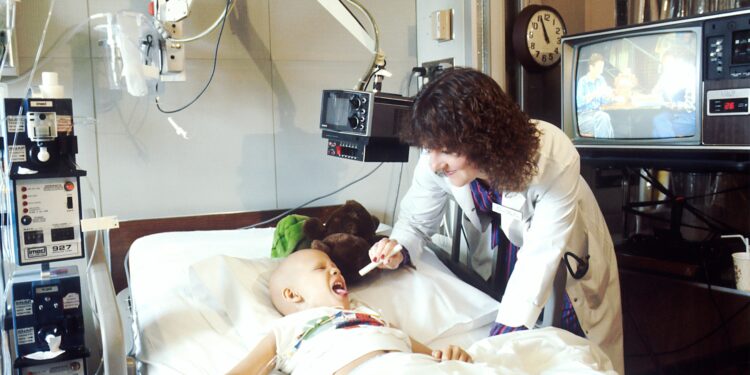In the multifaceted world of modern medicine, a physician is not only a healer but also a decision-maker and an advocate for patients. Of these, reasoning skills stand out as the most critical. They enable doctors to navigate complex clinical scenarios. Physicians who attain these skills transform a myriad of symptoms into a coherent diagnosis and ultimately tailor treatments that respect the intricate nature of human health.
Reasoning is the physician’s compass. It guides every step from diagnosis to treatment, beginning with the initial encounter. The patient provides disparate threads of information from which a physician must discern the relevant from the extraneous. This epitomizes analytical reasoning. Every symptom, lab result, and personal history is a clue. The physician pieces this over multiple encounters, like a puzzle, to assemble a clear picture.
For instance, a cough and fever might lead to a straightforward diagnosis of an upper respiratory infection. However, in a patient with a complex medical history, these symptoms allude to a more serious underlying condition. Reasoning empowers a physician to see this.
In the unpredictable environment of healthcare, not all answers are clear-cut. Physicians often encounter rare conditions that require the unconventional application of medical principles. Here, critical thinking comes into play. The physician weighs risks against benefits, considers the latest research, and integrates clinical expertise with patient values to make the best decisions.
Clinical reasoning also extends to understanding evidence-based medicine, the cornerstone of clinical practice today. Physicians must have the reasoning skills to apply clinical research and statistics to individual patients. In this vein, clinical reasoning ensures physicians medical remain current with the best available evidence. But this is only part of what encompasses good clinical care.
Physicians must also recognize the importance of a patient’s rights. They are integral to care and enshrined in the Oath of Hippocrates, guiding physicians to uphold ethical principles of patient-centered care.
This approach enhances the quality of care, and reinforces principles of collaboration in the doctor-patient relationship, leading to better patient communication: A realm where clinical reasoning is indispensable.
Physicians must be able to effectively explain complex medical information to patients. This requires not only a deep understanding of the subject matter but also the ability to reason through the patient’s perspective and anticipate questions. Strong communication correlates to strong adherence. Whether discussing treatment options, potential side effects, or preventative measures, the ability to convey information empathetically positively influences a patient’s understanding of their treatment.
Medicine is an ever-evolving field. What is considered standard practice today might change. The ability to reason through new information and continuously refine one’s approach to patient care is what characterizes the most exceptional physicians.
Medical education must therefore emphasize the development of robust clinical reasoning skills to prepare future healthcare providers.
Reasoning is the thread of the fabric of medical practice. It enables physicians to process the complexity of human biology and apply it to the real world. Reasoning skills matter because they empower physicians to deliver care that is both technically proficient as well as wise and humanistic. It’s the bridge between science and the art of healing. Therefore, reasoning is not just a desirable skill—it is the very heartbeat of competent, compassionate medical practice.















